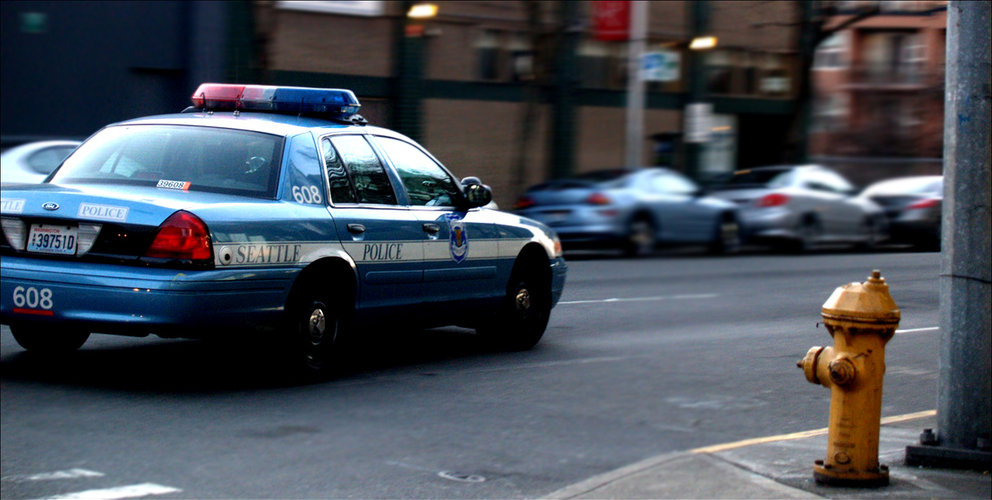Seattle police should not be able to subpoena journalistic work product, RCFP brief argues

Update: On Sept. 21, 2020, the Seattle Police Department informed the Washington Supreme Court that it was abandoning its efforts to force five Seattle news organizations to turn over unpublished photos and videos taken at protests.
Update: A judge ruled on July 23, 2020, that the five Seattle news organizations must comply with a subpoena requiring them to give the Seattle Police Department unpublished photos and video from a May 30 protest. In August, however, the Washington Supreme Court granted an emergency stay of the judge’s decision until it has a chance to decide the appeal on the merits.
The Reporters Committee for Freedom of the Press is urging a Washington court to quash a subpoena requiring Seattle news outlets to turn over video and photographs from a May protest.
Earlier this month, the Seattle Police Department served five news organizations with subpoenas commanding them to turn over all raw footage and photographs taken in a several block radius over a 90-minute period during a May 30 protest in Seattle, one of many demonstrations against police violence and racial injustice that have erupted in response to the killing of George Floyd. The police want the footage to help them find suspects involved in the torching of a police car and theft of firearms.
In a friend-of-the-court brief filed on June 29, the Reporters Committee asks the King County Superior Court to issue an order holding that the subpoena is unenforceable. The brief argues that compelling journalists to share materials acquired from newsgathering violates the Washington shield law and the First Amendment and also creates the impression that journalists serve as an extension of law enforcement.
This is particularly worrisome because protests are already the most dangerous place for journalists, the brief argues, and enforcement of this subpoena could lead to further violence against journalists. During recent protests, some demonstrators have made it clear that they see journalists as being associated with the police. A journalist covering a Tucson protest with his press credentials clearly visible was punched, pushed and kicked by protesters, who said the journalist was “with the police.”
“Enforcement of the Subpoena could mislead the public into perceiving reporters at protests as a mere arm of law enforcement,” the Reporters Committee’s brief argues, “thus eroding public trust in the news media and increasing the already-significant risk of physical harm that journalists face when covering protests.”
Read the full Reporters Committee brief.
The Reporters Committee regularly files friend-of-the-court briefs and its attorneys represent journalists and news organizations pro bono in court cases that involve First Amendment freedoms, the newsgathering rights of journalists and access to public information. Stay up-to-date on our work by signing up for our monthly newsletter and following us on Twitter or Instagram.
Photo by Matthew Zalewski